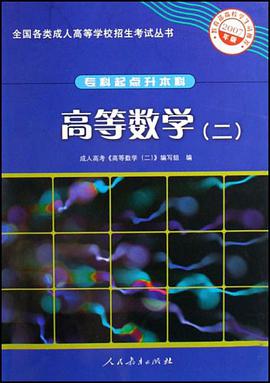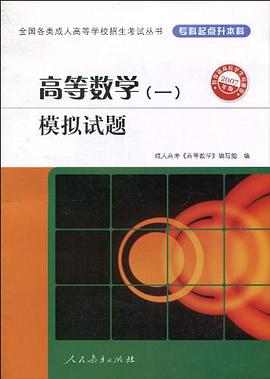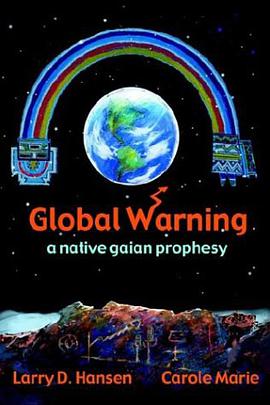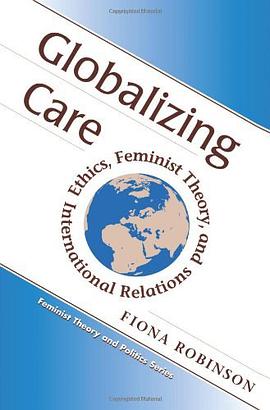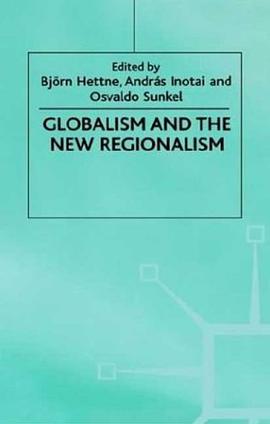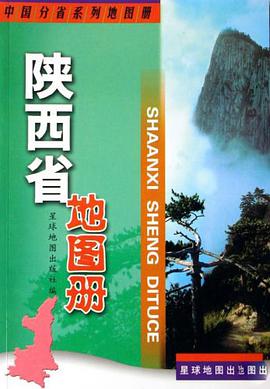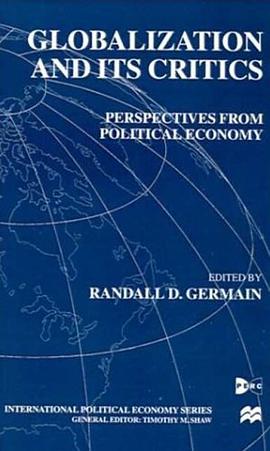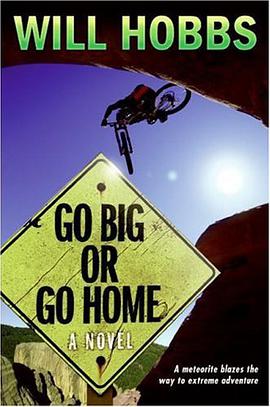

具體描述
The period 1885 to 1917 saw thousands of American crusaders working hard to "save the fallen women," but little on the part of American social protest writers. In this first work on the subject, Laura Hapke examines how writers attempted to turn an outcast into a heroine in a literature otherwise known for its puritanical attitude toward the fallen woman. She focuses on how these authors (all male) expressed late-Victorian conflicts about female sexuality. If, as they all maintained, women have an innate preference for chastity, how could they account for the prostitute? Was she a sinner, suggesting the potential waywardness of all women? Or, if she was a victim, what of her "depravity"? Hapke reevaluates Crane's famous "Maggie: A Girl of the Streets," discusses neglected prostitution fiction by authors Joaquin Miller, Edgar Fawcett, and Harold Frederic, and surveys Progressive white slave novels. She draws on a number of period sources, among them urban guidebooks and medical treatises, to place the fiction in its cultural context.
著者簡介
圖書目錄
讀後感
評分
評分
評分
評分
用戶評價
相關圖書
本站所有內容均為互聯網搜索引擎提供的公開搜索信息,本站不存儲任何數據與內容,任何內容與數據均與本站無關,如有需要請聯繫相關搜索引擎包括但不限於百度,google,bing,sogou 等
© 2025 book.quotespace.org All Rights Reserved. 小美書屋 版权所有



